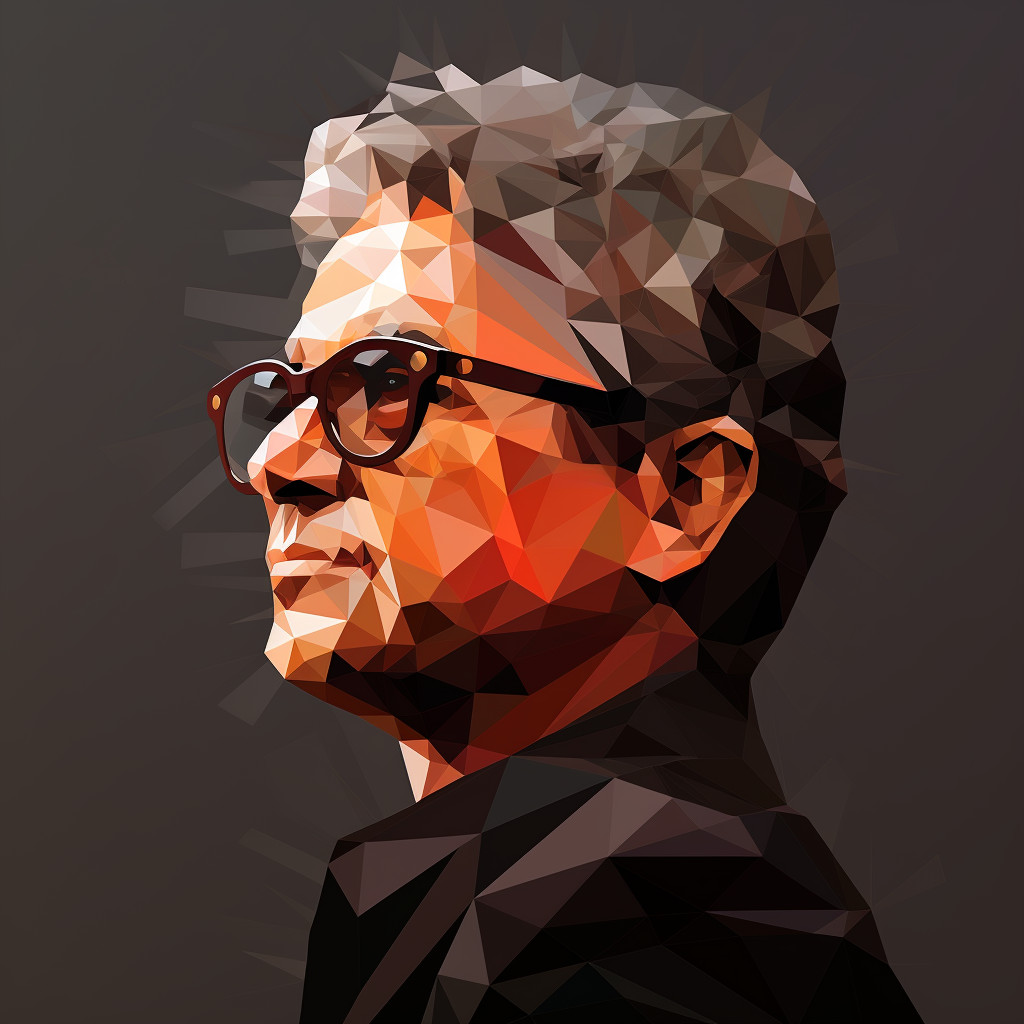This quote suggests that the capacity to forgive is inherently tied to the ability to love. When we truly love someone, we accept their imperfections and understand that they, like us, are capable of making mistakes. Love is about seeing beyond these mistakes and imperfections, focusing instead on the person’s worth and the value they bring to our lives. It is this love that enables us to forgive when they wrong us, because we value the relationship more than the hurt they’ve caused.
Forgiveness is not about forgetting or condoning wrongdoings, but rather about letting go of resentment and anger that can harm us more than the person who caused the pain. It is a difficult process that requires emotional maturity and strength. Therefore, to forgive, one must know how to love deeply and unconditionally, because only then can we put our ego aside, let go of the hurt, and choose to continue loving instead of harboring resentment.
In today’s world, this idea is particularly relevant, as we are often quick to judge and slow to forgive. Social media, for instance, has made it easy for people to hold grudges, publicly shame others, or cut off relationships at the first sign of conflict. However, if we learn to love first – to truly value and appreciate others for who they are – we might find it easier to forgive, to let go of our resentment, and to build healthier, more fulfilling relationships.
From a personal development perspective, learning to love and forgive can lead to significant growth. It can help us let go of negativity, reduce our stress levels, and improve our mental and emotional health. Moreover, it can make us more empathetic, compassionate, and understanding, which can improve our relationships and our interactions with others. Therefore, knowing how to love and forgive is not just about making our lives better, but also about contributing to a more loving, forgiving, and peaceful world.






